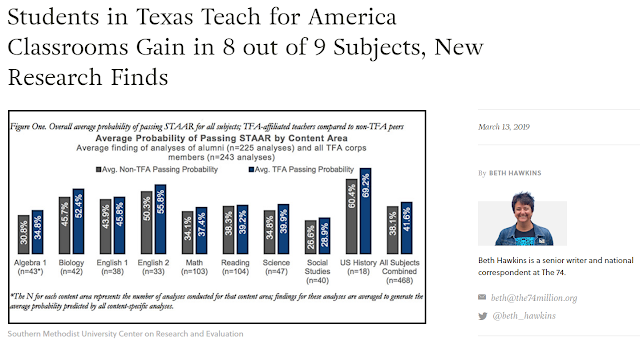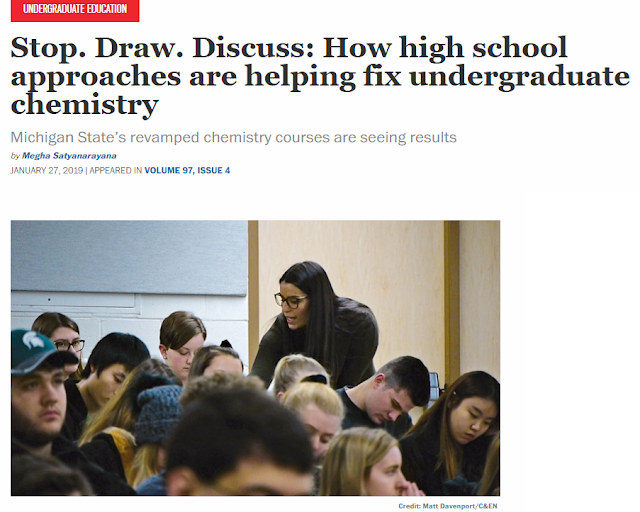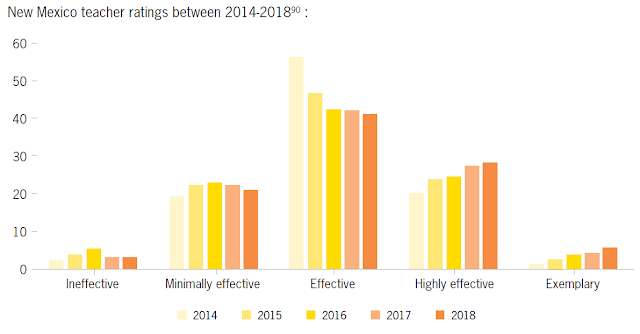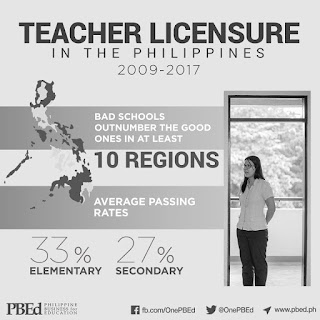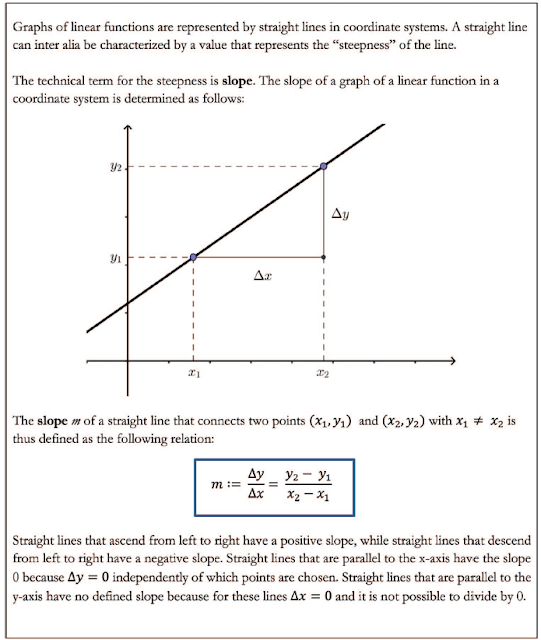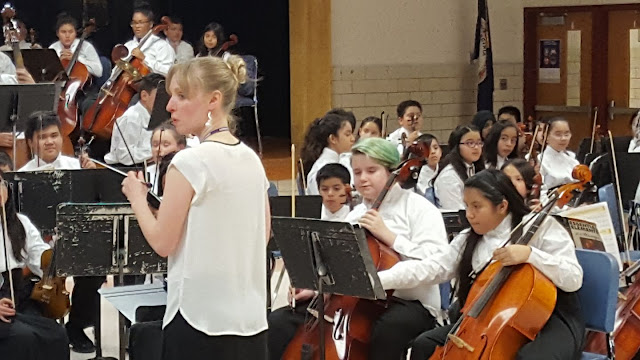Teachers Teach More than Math and Reading
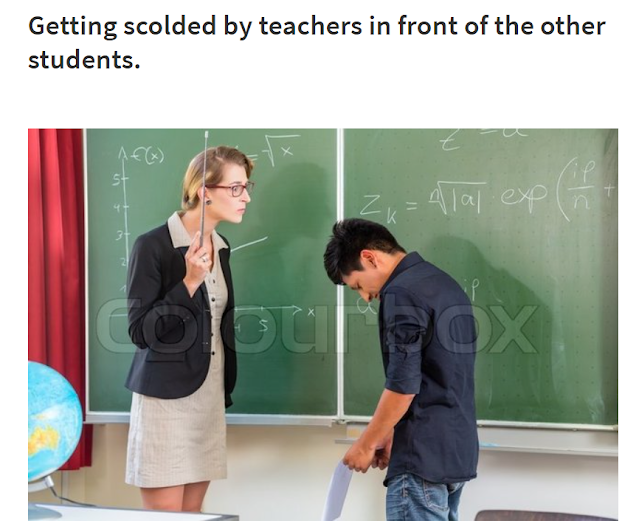
There is a growing enthusiasm for social emotional learning (SEL). It does make sense to focus not just on the academic side of education. Education must be holistic. The academic, social and emotional needs of a child must be met. Unfortunately, a greater recognition for the importance of SEL sometimes misses the fact that unlike academic goals, SEL is often caught and not taught. How a teacher treats his or her students dramatically affects the social and emotional well-being of a child. This beats any formal teaching of self-awareness, self-management, social awareness, relationship skills, and responsible decision making. It is more about what we actually do and not what we say. Mashi Liyanage, a seventeen year old, writes in a blog an experience she always remembers from her 7th grade, "In my school life, there are many things that scare me. Getting punished for not doing homework, going late to the school, getting low marks on my exams and many more. But there is one thing ...
